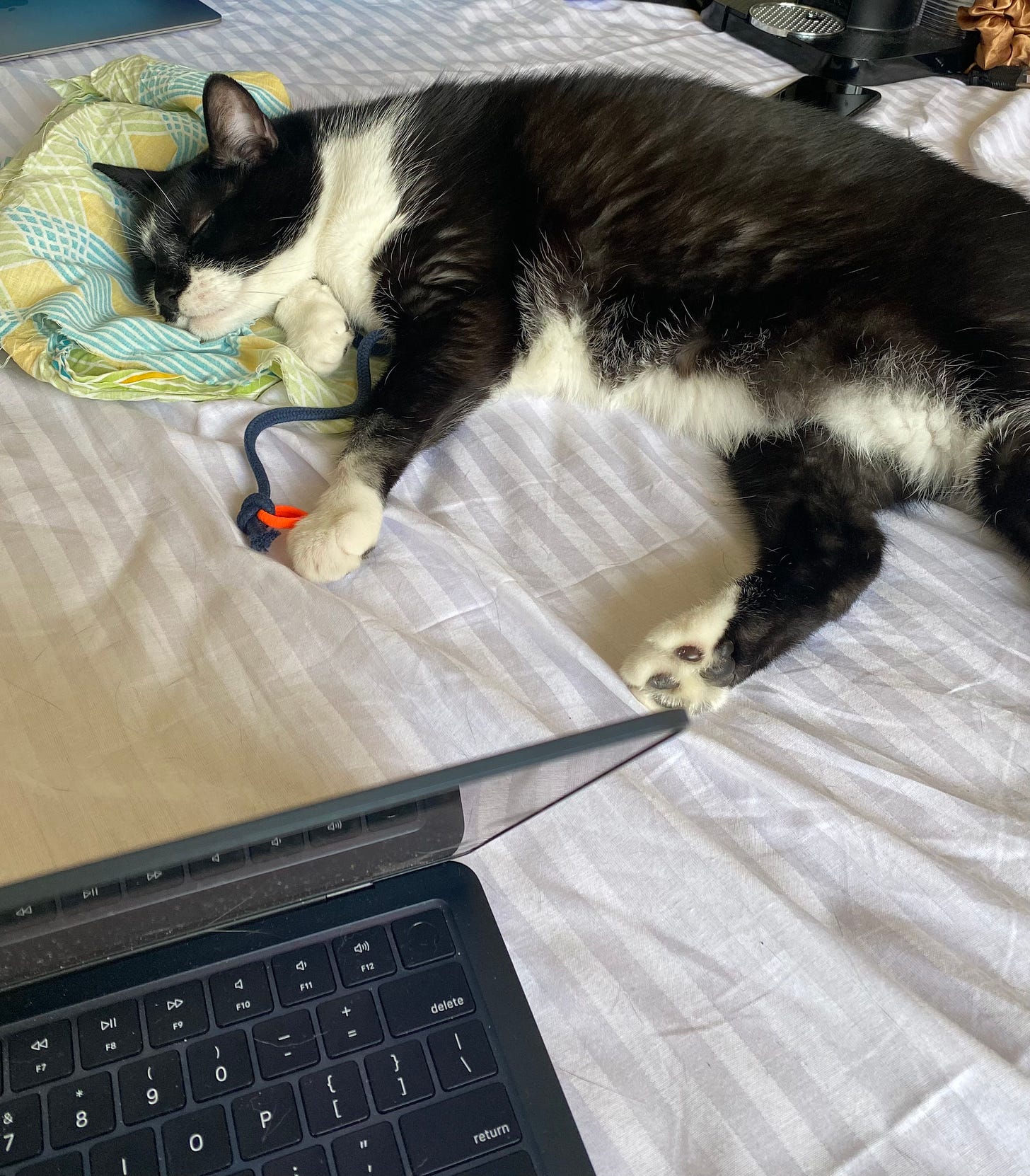This Startup Was Born When the Founder Got Rejected from an NGO
He turned that around to create something groundbreaking
Today’s eco snapshot👇🏽
The story of Thomas Fudge and WASE
Startup of the Week: Wastefront
5 Innovative Waste Management Startups
News That Lifted My Spirits This Week
💧 The story of Thomas Fudge and WASE
In 2010, Thomas Fudge was working as a teacher in Ghana, West Africa. While working there, he realized that poor sanitation facilities were hindering a lot of students from attending school.
Thomas wanted to do something about it and decided to apply to an NGO that provides water and sanitation solutions for underserved urban communities.
Unfortunately, he wasn’t accepted there. But he did not let that rejection discourage him.
He decided to do a Masters degree to upskill himself and during his Masters, he developed his ideas about bringing sanitation to under-served rural communities. He won a scholarship that led him to his PhD.
During his PhD, he worked on a project to transform human waste into energy. Around the same time, in 2017, he founded WASE- an environmental engineering company that developed decentralized sanitation solutions.
WASE would collect human waste and convert it into biogas, fertilizers, and usable water. A great solution to manage both sanitation and energy requirements in rural communities.
The team at WASE soon realized that this solution could also be applied to the wastewater problem.
80% of wastewater is currently discharged into our environment, untreated. This causes huge amounts of pollution globally. Strict regulations are now being enforced to curb this.
One of the industries impacted by these regulations is the food and drinks manufacturers. They either have to build the entire water treatment system onsite or spend money on sending it to a specialist treatment plant.
Both solutions are expensive.
That’s where WASE comes in. It can treat wastewater and it has a decentralized solution for that. Exactly what the industry needs.
WASE can extract valuable resources from the wastewater.
These can be used to generate energy, recover fertilizers (that can go back into the food system) or the treated water can be reused in the factory. Creating a circular solution.
Time for the quiz of the week ⌛
Since we are talking about wastewater, let’s see if you can guess this one
Answer at the end of the newsletter. No one (including me) can see your response so feel free to vote 😉
✨ Startup of the Week: Wastefront
This Norwegian company is converting worn-out tires to other useful products.
Rolling Problems…The number of vehicles is escalating, consequently escalating the number of tires sold and used. This results in millions of these tires being discarded annually. These tires present a significant environmental issue as they are non-biodegradable due to their complex materials and are unfit for landfills due to their metal and pollutant content.
Burning Rubber…Wastefront, a Norway-based company, is driving change in the environmental sector. Specializing in rubber waste recycling, Wastefront transforms discarded tires into valuable commodities. Their innovative approach relies on a thermal decomposition method known as 'pyrolysis', where high temperatures are employed to break down tires.
Wheel Recycling…In the recycling process, various byproducts such as hydrocarbons, carbon black, water, and heat are released. These byproducts are either used as raw materials in different industries or repurposed in other ways. For instance, carbon black is reutilized in tire production, and the heat generated can be used to heat homes. A great example of the circular economy.
✅ 5 Innovative Waste Management Startups
Ridwell: Makes sure that the stuff we don’t want is either reused or recycled.
Scrapbees: Takes care of old tools, screws, pots, pans, rods & pipes that cannot be recycled traditionally.
Mill: A kitchen bin that converts kitchen scraps into nutrient-rich food grounds for chickens.
Workshop Q: Repurposes trash into art installations for businesses.
Cocopallet: Replacing wooden pallets with CocoPallet, made of wasted coconut husk.
😹 News That Lifted My Spirits This Week
Fashion Revolution: French parliament votes in favor of crackdown on ultra-fast fashion
Green Spending: US to spend $6bn to reduce the carbon footprint of steel, ice cream, and mac and cheese
Nature's Comeback: The Dominican Republic miracle: a fifth of the country regreened in 10 years
📞 Interested in chatting about sustainability and climate change?
Every week, I do a few 20-minute calls with people who are either building or working in the sustainability and climate change space or are interested in exploring it.
These calls are free and more about you than me. Feel free to book one here:
Click that 💚 if this added some value to you.
Enjoy your weekend, and see you next week😊










Love the WASE story - just goes to prove that you can solve problems in many ways :)